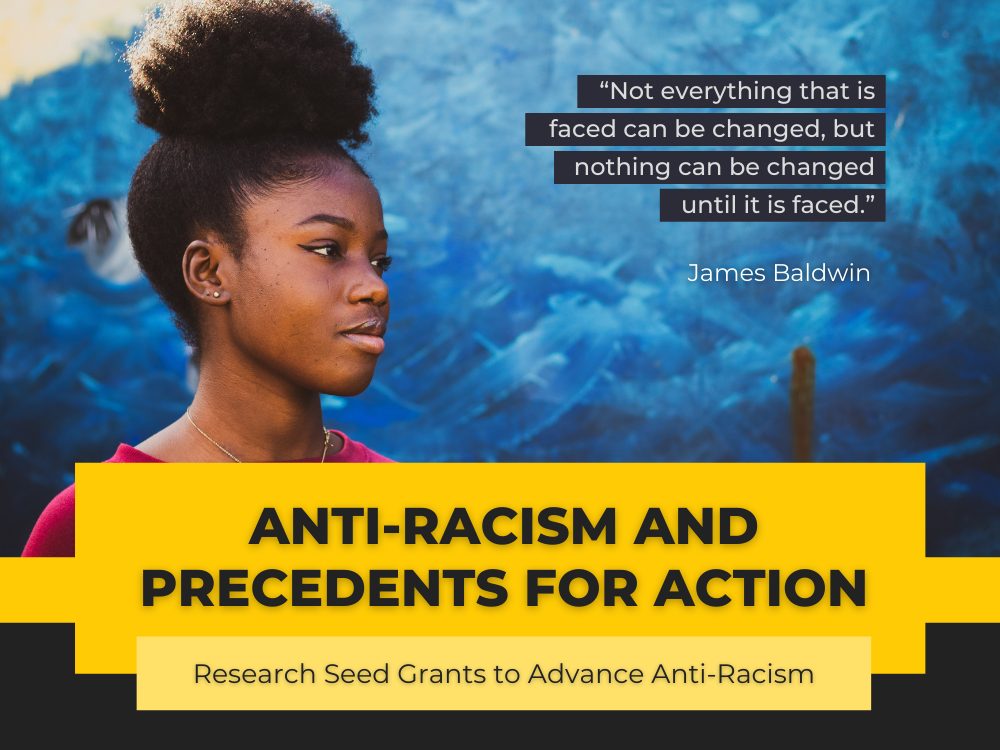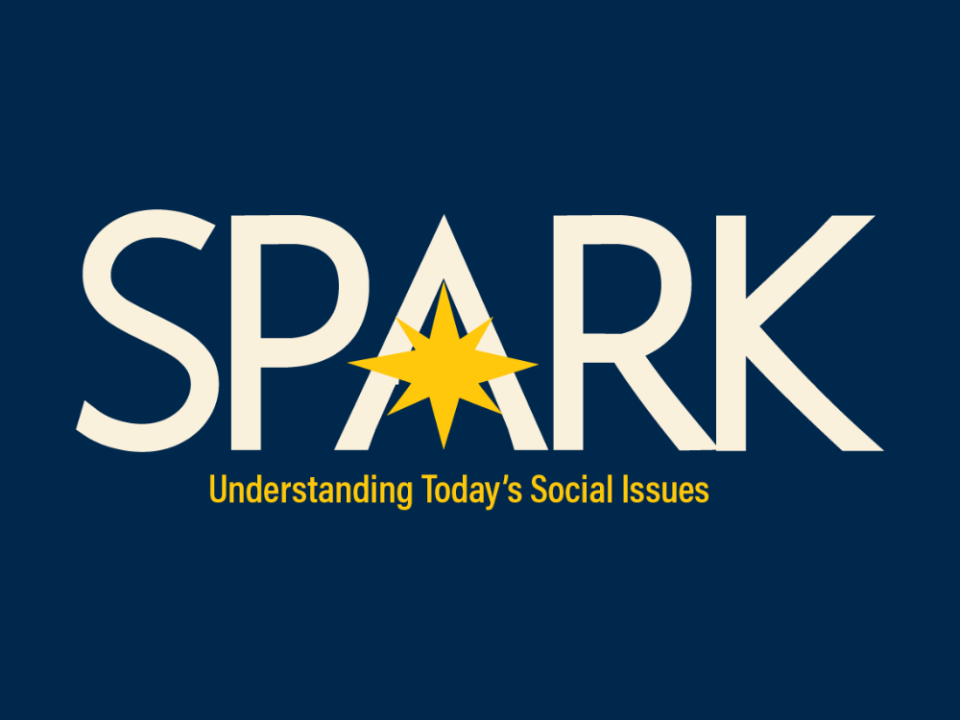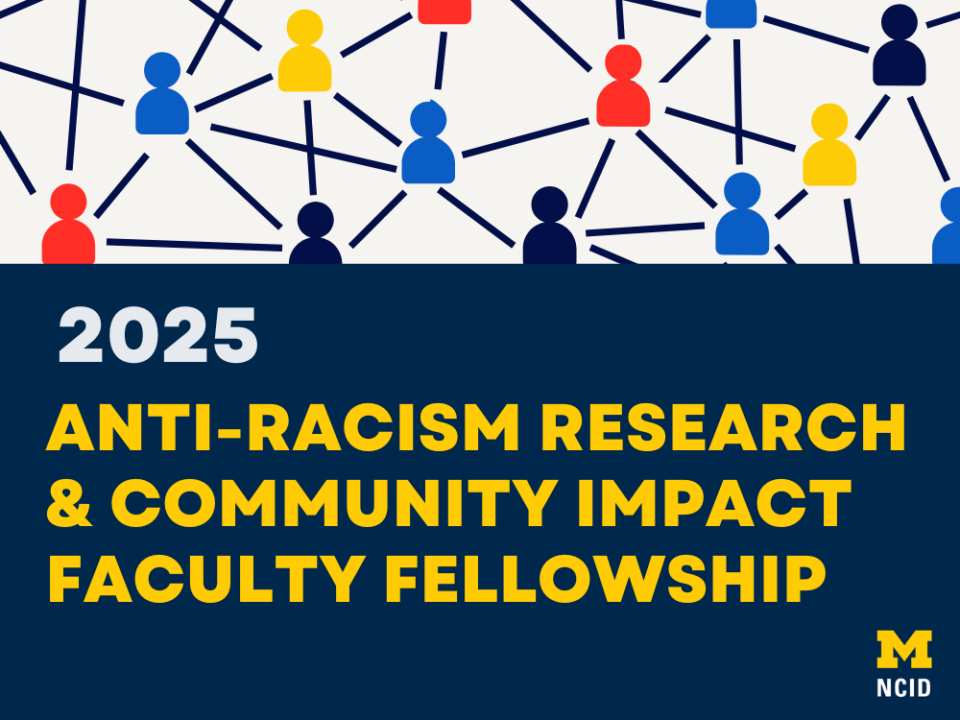- About
- News
- Events
- Initiatives
- Anti-Racism Collaborative
- Change Agents Shaping Campus Diversity and Equity (CASCaDE)
- Diversity Scholars Network
- Inclusive History Project
- James S. Jackson Distinguished Career Award for Diversity Scholarship
- LSA Collegiate Fellowship Program
- University Diversity & Social Transformation Professorship
- Publications & Resources
- About
- News
- Events
- Initiatives
- Anti-Racism Collaborative
- Change Agents Shaping Campus Diversity and Equity (CASCaDE)
- Diversity Scholars Network
- Inclusive History Project
- James S. Jackson Distinguished Career Award for Diversity Scholarship
- LSA Collegiate Fellowship Program
- University Diversity & Social Transformation Professorship
- Publications & Resources

Pop-Up Writing Opportunity: Understanding Sexual Harassment through an Anti-Racist Lens
November 5, 2021
University Diversity and Social Transformation Professors Are “Inspiring Transformation” at the University of Michigan
November 30, 2021NCID’s Anti-Racism Collaborative awards six grants to advance anti-racism research and scholarship for social change, action
The National Center for Institutional Diversity’s (NCID) Anti-Racism Collaborative has awarded nearly $111,000 in grants to six teams from across the University of Michigan to support projects that aim to inform anti-racist action. This is the first cohort of grantees from the Anti-Racism and Precedents for Action grant opportunity. The objective was to fund projects that focus on marginalized, grassroots, and collaborative forms of anti-racist action with the potential to transform resistance to structural racism. These grants support new ideas or allow for an expansion of existing projects in ways that significantly enhance theoretical and/or methodological rigor, precision, nuance.
“These grantees are representative of the diverse ways in which U-M faculty are directly challenging structural racism through their research and scholarship. Their work expands and deepens our understandings of complex racism phenomena and processes and the possibility of anti-racist action,” said Tabbye Chavous, NCID director, professor of psychology and education, and associate dean for diversity, equity and inclusion in the College of Literature, Science, and the Arts (LSA).

The funded projects represent a wide range of disciplines and parts of the campus community, including music, the arts, STEM mentorship, machine learning algorithms, municipal responses to police-community relationships, and inter-racial/ethnic youth allyship, including:
More Allies Than Adversaries: An Exploratory Qualitative Study on Allyship and Racial Solidarity between Latinx Immigrant and Black Youth in Baltimore
Project lead: Ashley Cureton, Assistant Professor, Social Work & Education
Goal: Pushing back on anti-Black racism that permeates Latinx communities and drawing on an intersectionality framework, the goal of this study is to consider how Latinx immigrant youth perceive and describe the experiences of Black youth who encounter racism and discrimination on a consistent basis. Moreover, this study explores the possibility of existing or potential solidarity and allyship between these two marginalized groups as a mechanism to develop collaborative forms of anti-racist action.
Anti-racist Action by Cities and Communities to Respond to Racist Police Violence
Project leads: Paul Fleming, Assistant Professor, and William Lopez, Clinical Assistant Professor, SPH/Health Behavior & Health Education; and Daphne Watkins, University Diversity and Social Transformation Professor, Social Work
Goal: A mixed methods study of the implementation of a municipal resolution to develop an unarmed crisis response program to reduce the interactions between armed police and community members.
Supporting Border Crossing for Marginalized STEM Graduate Students Through Mentorship: The Reconciliation of Racial and STEM Identities
Project leads: Kathryn Hosbein and Paulette Vincent-Ruz, Postdoctoral Research Fellows, LSA/Chemistry Education
Goal: The objective of this project is to inform our understanding of how mentors can influence the development of STEM identity in racially marginalized graduate students. Researchers aim to highlight settler expectations of STEM identities and look for ways in which students engage in and are supported by their mentors in epistemological border crossing.
Advancing Equity through Teaching with the Arts
Project leads: Jim Leija, Deputy Director for Public Experience and Learning, University of Michigan Museum of Art; Elizabeth Moje, Dean, School of Education; Christina Olsen, Director, University of Michigan Museum of Art
Goal: This practical partnership leverages works of art from UMMA's collection to create, pilot, and research anti-racist teaching approaches to design student-centered learning experiences focused on UMMA artworks by BIPOC artists that highlight political, racial, and cultural tensions. This work will result in developing experiences, materials, and museum tours for piloting in classrooms in Detroit, Ann Arbor, and Ypsilanti in 2021-22.
The African Diaspora Music Project
Project lead: Louise Toppin, Professor of Voice, School of Music, Theatre & Dance
Goal: To support the further development and expansion of The African Diaspora Music Project database (https://africandiasporamusicproject.org), a free research tool that provides access to works by Black classical music for performers, teachers, students, and scholars. The next phase of this project includes uploading recordings by The Minnesota Orchestra and other professional and university orchestras, and partner organizations.
Algorithmic Reparation
Project leads: Apryl Williams, Assistant Professor, LSA/Communication & Media; and Jenny Davis, School of Sociology, The Australian National University
Goal: Rooted in theories of Intersectionality, reparative algorithms name, unmask, and undo allocative and representational harms as they materialize in sociotechnical form. The project leads will host a collaborative workshop where social scientists, technologists, computer scientists, activists, and policy experts can come together to test the feasibility, design code, and plan for the implementation of algorithmic reparation.
Originally published in the University Record.




